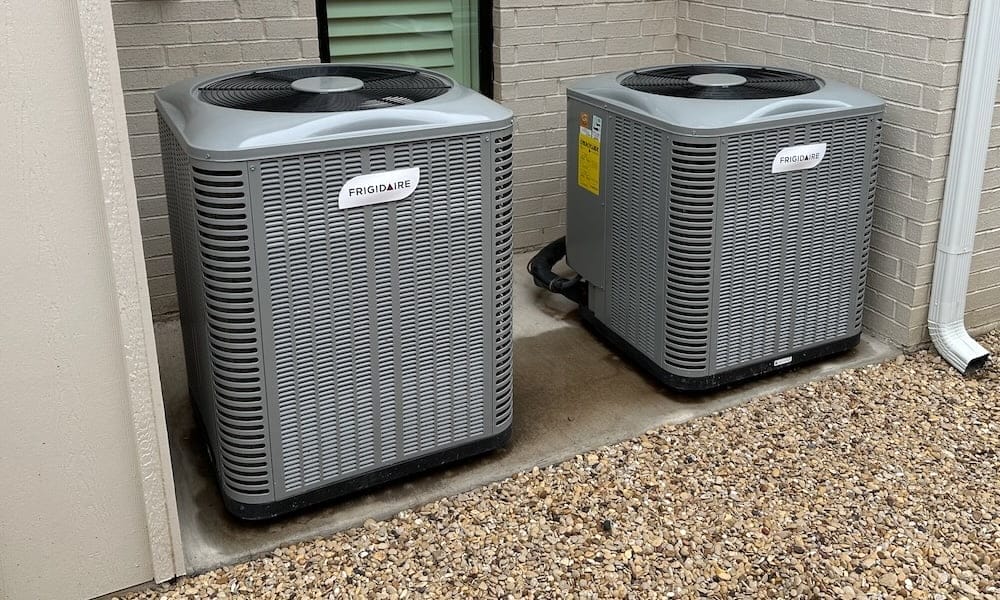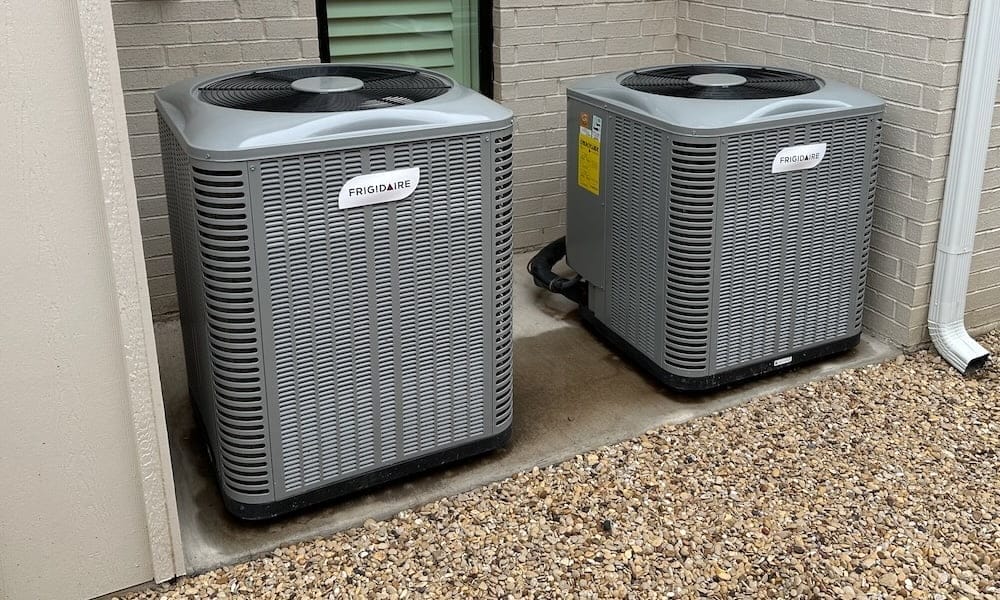
Before diving into the specifics of installing a heat pump in Denver, it’s essential to understand what a heat pump is and how it works. A heat pump is an energy-efficient alternative to traditional heating and cooling systems such as furnaces and air conditioners. It works by transferring heat from one place to another, hence the name “heat pump.” During winter, it draws heat from the outside and moves it inside to warm your home. Conversely, in summer, it extracts heat from indoors and releases it outside, thereby cooling your home.
What Is A Heat Pump?
A heat pump is a device that transfers heat from one place to another, making it an efficient alternative to traditional heating and cooling systems. During winter, it extracts heat from the outside environment and moves it inside to warm your home. Conversely, in summer, it removes heat from indoors and releases it outside, effectively cooling your home. This versatility makes heat pumps an attractive option for managing indoor temperatures while also being more energy-efficient, potentially leading to significant savings on energy bills.
Why Consider a Heat Pump in Denver?
Denver has a unique climate with hot summers and cold winters; this makes it an ideal location for a heat pump. Heat pumps can provide both heating and cooling in one system, making them a versatile choice for Denver homes. Plus, they are more energy-efficient than traditional HVAC systems, which can lead to significant savings on your energy bills.
Factors to Consider When Installing a Heat Pump in Denver
Here are a few factors to consider when installing a heat pump in Denver:
1. Local Climate
Denver’s climate is characterized by warm summers and chilly winters, with temperatures sometimes dropping below freezing point. Heat pumps work best in moderate climates, but thanks to advancements in technology, many models can efficiently operate in colder temperatures, too. Ensure you choose a heat pump designed to handle Denver’s weather extremes.
2. Energy Efficiency
One of the main reasons homeowners opt for heat pumps is their energy efficiency. Look for a model with a high Seasonal Energy Efficiency Ratio (SEER) and Heating Seasonal Performance Factor (HSPF). The higher these ratings, the more efficient the pump.
3. Size of the Heat Pump
The size of your heat pump should be based on the size of your home and its heating and cooling needs. A unit that’s too small won’t adequately heat or cool your home, while an oversized unit can lead to unnecessary energy consumption and higher costs.
4. Installation Costs
The cost of installing a heat pump can vary depending on the model, the size of your home, and the complexity of the installation. Get quotes from different installers and consider the long-term running costs when making your decision.
5. Professional Installation
Heat pumps must be installed by a professional to ensure they work correctly and efficiently. Look for a reputable installer with experience in heat pump installation and maintenance.
Conclusion: Installing A Heat Pump In Denver
Installing a heat pump in Denver can be a great way to keep your home comfortable year-round while also saving on energy costs. However, it’s not a decision to be taken lightly. Consider the local climate, the heat pump’s energy efficiency, the right size for your home, installation costs, and the importance of professional installation.
At Top Shelf Home Service, we have a team of experts ready to help you choose and install the perfect heat pump for your Denver home. Contact us today for more information and to schedule your installation. Let us help you make the most out of your heat pump investment.

